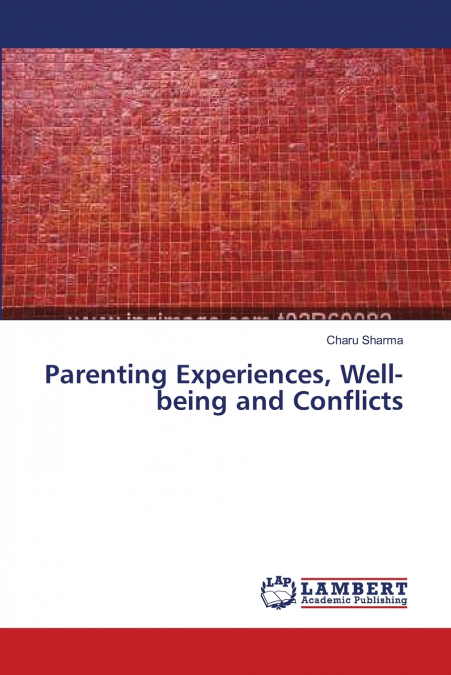
 Librería Perelló (Valencia)
Librería Perelló (Valencia)
 Librería Aciertas (Toledo)
Librería Aciertas (Toledo)
 El AlmaZen del Alquimista (Sevilla)
El AlmaZen del Alquimista (Sevilla)
 Librería Elías (Asturias)
Librería Elías (Asturias)
 Librería Kolima (Madrid)
Librería Kolima (Madrid)
 Donde los libros
Donde los libros
 Librería Proteo (Málaga)
Librería Proteo (Málaga)
The book explores parenting experiences, well-being and conflicts in mothers from intact families belonging to urban, middle socio-economic background with the help of a comprehensive research study. The research comprised of employed mothers and homemakers who were selected using the technique of purposive sampling. Self report measures were used to assess psychological, social and emotional well-being and parent-child relationships, which were followed by semi-structured interviews with selected mothers for in-depth inquiry. It was found that the psychological and social well-being of employed mothers was greater than the homemakers. However, it also emerged from the research that parent-child relationship of homemakers was greater than the employed mothers. The qualitative inquiry of interview data by grounded theory analysis provided interdependent themes such as dynamics of employment, nature of child rearing activities, communication patterns, sources of support, household tasks, responsibilities towards other family members and personal development. The findings have been discussed in the light of recent theories and researches in the field.